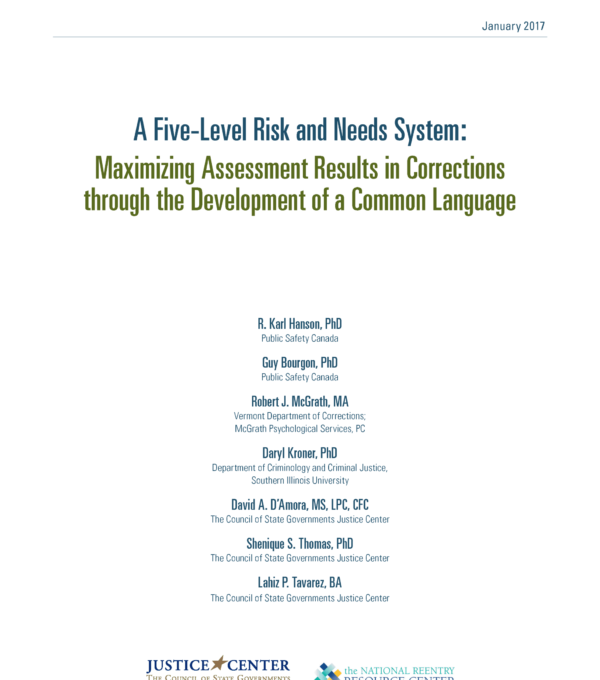Infographic: The Importance of Implementing Risk and Needs Assessments Successfully
These tools offer tremendous value, but they must be validated routinely and implemented correctly to ensure that their results are accurate, particularly across race and gender lines. Many criminal justice agencies have begun using these tools, but far fewer have evaluated their implementation or conducted validation studies in recent years. This infographic explains the urgent need for corrections agencies to examine how they administer risk and needs assessments, so they can confidently rely upon the results and avoid the pitfalls of poor implementation.
November 2018 | The Council of State Governments Justice Center
Additional Resources

If your agency is using a risk and needs assessment, you should…
Read More
In addition to federal partnerships that fund our work in jurisdictions across…
Read MoreYou might also be interested in











